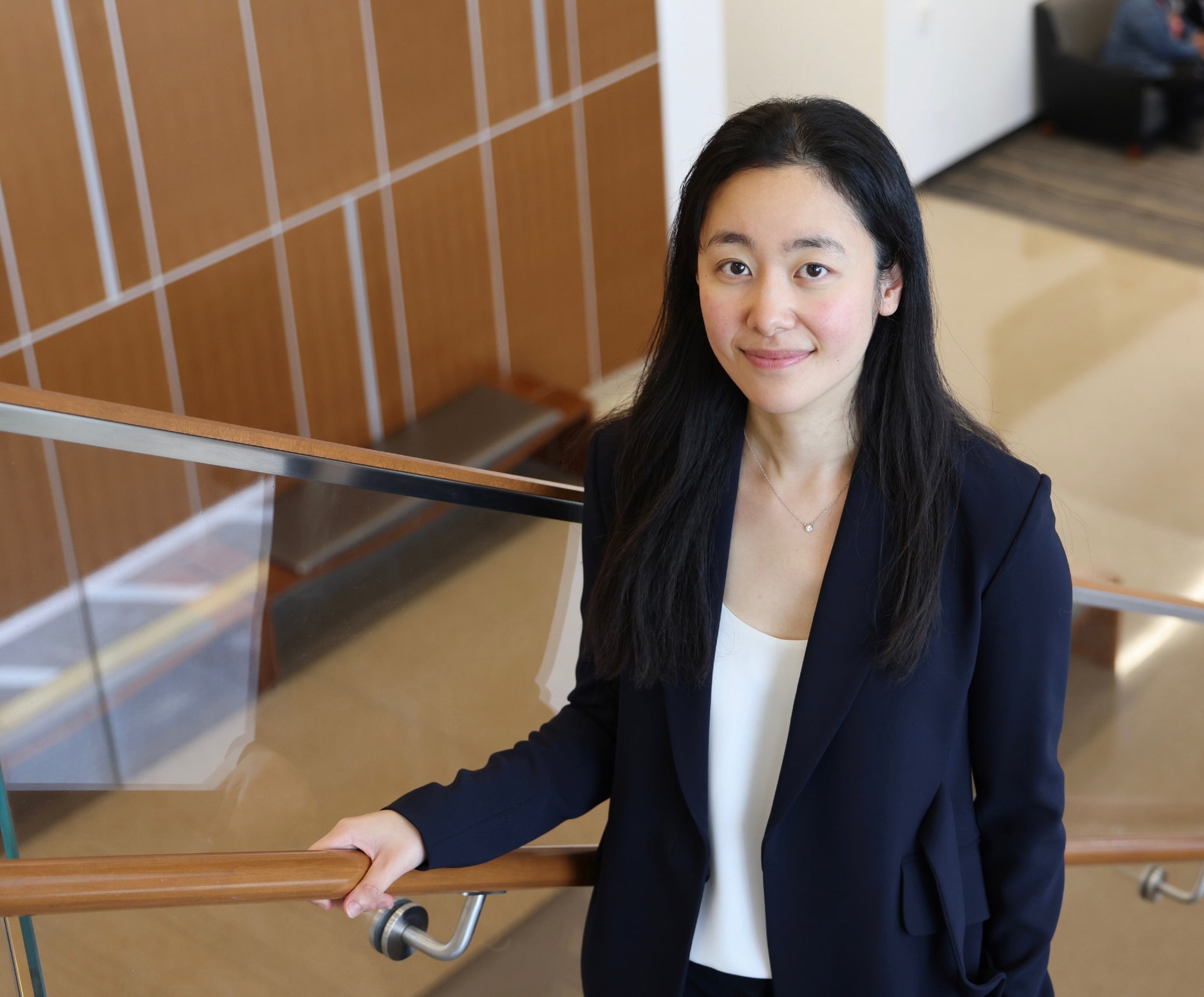
Waterloo alum Dr. Joy (Shu) Jiang (PhD Statistics ‘18) continues to make headlines for her ground-breaking breast cancer research.
As an associate professor of Surgery at the Washington University School of Medicine in St. Louis, Jiang develops “statistical methods for precision oncology with a direct focus on breast cancer.” Her broader research is particularly concerned with addressing racial disparities in the medical field and improving statistical models to better reflect differing experiences of women of various races.
“Women’s health, in the past, has not been a big focus compared to other areas of research,” Jiang says. “We know that breast cancer is the leading cancer in women, but the risk prediction stratification strategies are still not up to standards compared to other disease areas.”
Jiang was recently featured in the New York Times for her co-authored article, “Longitudinal Analysis of Change in Mammographic Density in Each Breast and its Association with Breast Cancer Risk.” The research analyzes breast density data gathered from 10,000 women over a 10-year period. Researchers compared trends in breast density decline between the 289 women diagnosed with breast cancer during that period and 658 similar women who did not develop breast cancer. The Times’s Roni Caryn Rabin explains that, by considering the data on each breast individually, as well as comparing successive data points, the researchers found “a significantly slower decline in density in breasts that developed cancer, when compared with the other breast in the same patient.”
Jiang’s research has garnered her a great deal of attention since graduating from Waterloo: last fall she was named one of Forbes’s 30 Under 30 for healthcare as well as receiving a 40 Under 40 Public Health Catalyst Award from the Boston Congress of Public Health.
The work that Jiang does on breast cancer research is a departure in subject matter from her focus at Waterloo, where she worked with Statistics professor Dr. Richard Cook and researchers from the University of Toronto on psoriatic arthritis research.
The skills she honed in her PhD, however, have remained invaluable. Jiang’s research is interdisciplinary: she must constantly ask “how we bridge knowing theory for statistics into real world applications. How do we bring that value into translational research that can be utilized by women every single day?”
Jiang’s work has impressed upon her the value of knowledge translation and interdisciplinary collaboration as essential research skills. “It’s about how you work with other people,” she says. “How do you communicate – in a non-statistical way – to other people who don’t work in this area? How do you bring folks together?”